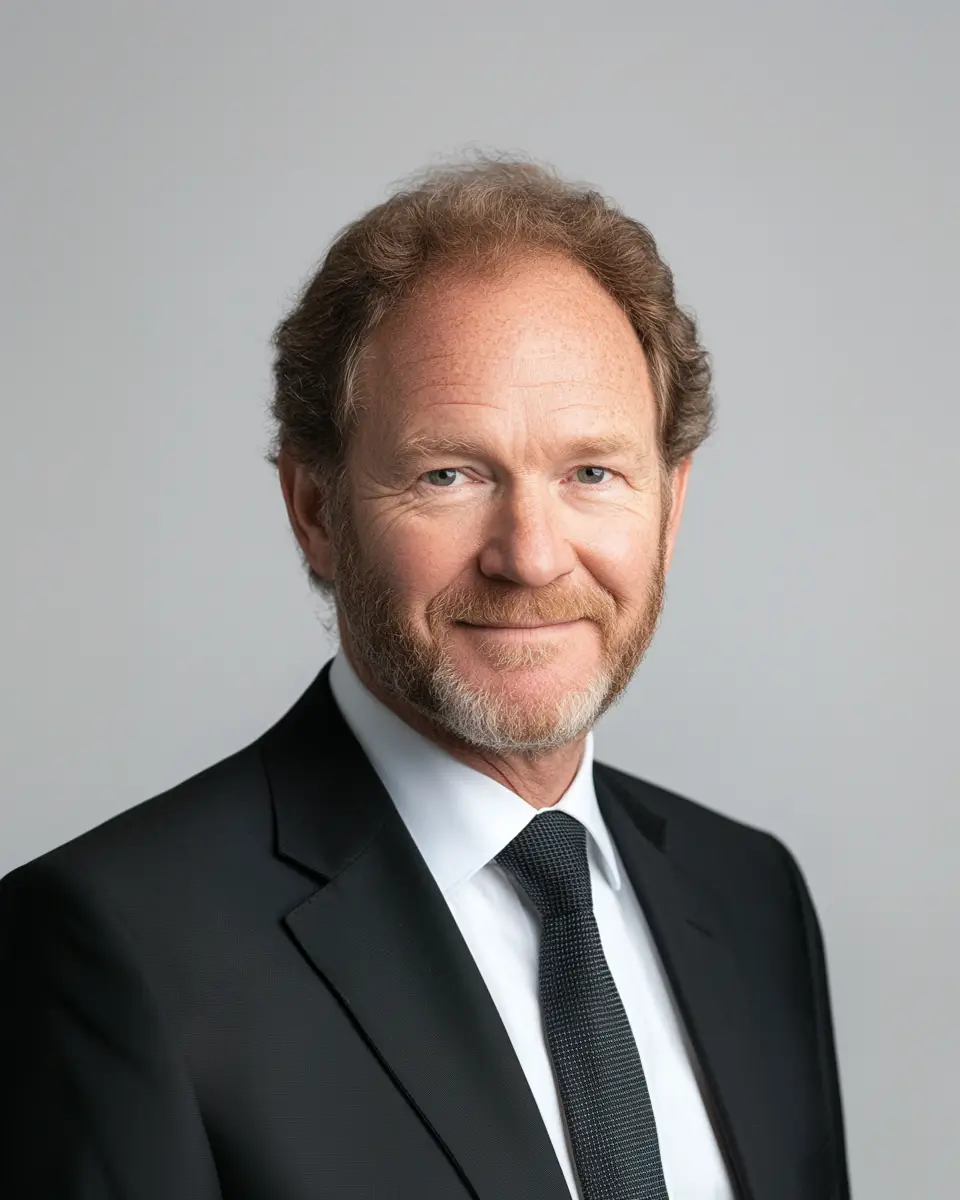In the healthcare industry, balancing practice growth with consistent, high-quality patient care presents unique financial challenges. Medical and dental practices, wellness centers, and specialty clinics must carefully time investments in technology, facilities, staff, and training to enhance patient outcomes while maintaining operational stability. At Delta Capital Group, we’ve partnered with hundreds of healthcare providers since 2015 to develop funding strategies that support practice growth without compromising care quality. Our experience consistently shows that healthcare practices that secure funding proactively—particularly early in their quarterly planning cycles—achieve significantly better outcomes than those who delay funding until operational pressures become acute.
The Healthcare Practice Financial Cycle
Healthcare businesses operate within a distinctive financial environment characterized by:
- Insurance reimbursement timelines: The gap between service delivery and payment receipt often creates cash flow challenges
- Technology advancement imperatives: Staying current with diagnostic and treatment technologies requires substantial ongoing investment
- Staffing requirements: Maintaining appropriate provider-to-patient ratios is essential for both care quality and practice efficiency
- Regulatory compliance costs: Adapting to changing healthcare regulations often necessitates significant operational adjustments
According to our analysis of healthcare client data, practices that secure funding at least 60 days before implementing major equipment purchases or facility improvements experience 43% fewer disruptions to patient care compared to those funding these changes reactively.
The Early-Month Advantage for Healthcare Providers
For healthcare practices, applying for business funding early in the month provides several distinct advantages:
- Equipment acquisition planning: Secure capital for technology upgrades with sufficient lead time for staff training and implementation
- Facility improvement scheduling: Plan renovations or expansions during lower-volume periods to minimize patient disruption
- Staff recruitment and onboarding: Hire additional providers or support staff with adequate training time before patient volume increases
- Marketing initiative development: Implement practice growth strategies with proper testing and refinement periods
Our data reveals that healthcare businesses applying for funding in the first week of the month receive approval decisions 44% faster on average than those applying during the last week—a timing advantage that can be crucial when capitalizing on time-sensitive opportunities.
Case Study: Integrative Health Partners
Consider the experience of a Delta Capital Group client, Integrative Health Partners, a growing multi-provider primary care practice focusing on holistic health approaches. Practice manager Dr. Rebecca Chen approached us in early March with a strategic growth plan.
Rather than waiting until their lease renewal deadline in June created urgent expansion pressures, Integrative Health Partners secured $425,000 in funding through Delta Capital Group by mid-March. This proactive timing allowed them to:
- Negotiate favorable terms on a larger adjacent office space before it was advertised on the open market
- Purchase and implement new electronic health record software during their historically slower spring period
- Recruit and train two additional providers and support staff before their busy fall season
- Develop a comprehensive wellness program that created a new revenue stream
“Having funding secured three months before our actual expansion completely transformed the patient experience during our transition,” Dr. Chen explained. “We were able to implement new systems methodically, train staff thoroughly, and communicate changes clearly to patients. As a result, we grew our practice by 35% while actually improving our patient satisfaction scores—an outcome that would have been impossible with a rushed, reactive approach.”
Technology Investment Strategies for Healthcare
Medical technology represents one of the most significant and strategically important capital expenditures for healthcare practices:
- Staged implementation planning: Strategic funding allows for thoughtful technology rollouts that don’t overwhelm staff or disrupt patient care
- Vendor negotiation leverage: Early funding approval provides the flexibility to negotiate optimal terms with medical equipment suppliers and technology vendors
- Integration optimization: Proper implementation time ensures new systems work seamlessly with existing infrastructure
- ROI timeline management: Adequate planning allows practices to anticipate temporary productivity decreases during implementation before realizing efficiency gains
Our healthcare clients who secure equipment financing early in their planning cycle report an average 27% improvement in implementation success rates compared to industry standards for similar technologies.
Practice Expansion with Patient Care Continuity
Growing a healthcare practice while maintaining quality care requires careful financial and operational planning:
- Location optimization: Strategic funding allows practices to secure ideal locations that improve accessibility for existing patients while attracting new ones
- Design for efficiency: Proper planning time ensures new or renovated spaces optimize patient flow and provider productivity
- Phased transitions: Well-funded expansions can maintain parallel operations during transitions to prevent appointment disruptions
- Patient communication strategies: Adequate lead time allows for comprehensive communication plans that keep patients informed and engaged during changes
Delta Capital Group’s analysis shows that healthcare practices with dedicated expansion capital achieve new location profitability 52% faster on average compared to practices funding expansion through existing operational cash flow alone.
Provider Recruitment and Retention
In today’s competitive healthcare environment, attracting and retaining quality providers represents a significant challenge and opportunity:
- Competitive compensation packages: Strategic funding allows practices to offer attractive salaries and benefits that secure top talent
- Advanced training support: Investing in continuing education and specialization for providers improves both recruitment and retention
- Optimal provider onboarding: Allowing new clinicians adequate non-productive time for orientation improves long-term productivity and satisfaction
- Practice culture investments: Funding team development and work environment improvements that reduce provider burnout and turnover
Our data indicates that healthcare practices investing in structured provider development programs experience 38% lower turnover rates and 45% faster productivity ramp-up for new clinicians compared to industry averages.
Preparing for Healthcare Practice Funding Success
To maximize your opportunity for success when seeking healthcare practice funding from Delta Capital Group, follow these preparation steps:
- Create a detailed practice development plan: Outline your growth objectives with clear milestones and financial projections
- Document payer mix and reimbursement trends: Provide analysis of your revenue cycle, including average days in accounts receivable
- Develop a specific use-of-funds plan: Clearly demonstrate how capital investments will improve both patient outcomes and practice profitability
- Gather documentation proactively: Have tax returns, bank statements, provider credentials, and practice metrics organized before beginning the application process
- Apply during strategic planning periods: Don’t wait until you’re facing urgent capital needs—the ideal time is during your quarterly business planning sessions
Funding Options Tailored to Healthcare Practices
At Delta Capital Group, we offer several funding solutions specifically designed for the unique challenges of healthcare operations:
- Practice acquisition financing: Comprehensive funding solutions for buying into existing practices or purchasing practices outright
- Equipment financing: Dedicated funding packages for diagnostic equipment, treatment technology, and practice management systems
- Facility improvement loans: Specialized financing for office renovations, expansions, and new location development
- Working capital solutions: Flexible funding options that provide operational stability through reimbursement cycle fluctuations
- Electronic health record financing: Targeted funding for technology transitions with terms structured around implementation timelines
Regulatory Compliance and Accreditation Support
Healthcare practices face ongoing challenges in maintaining compliance with evolving regulatory requirements:
- Accreditation preparation: Funding infrastructure and process improvements needed to achieve and maintain specialty accreditations
- Privacy and security enhancements: Implementing robust systems that protect patient information while meeting HIPAA requirements
- Accessibility modifications: Making facility changes that ensure compliance with accessibility standards
- Quality reporting systems: Implementing data collection and reporting capabilities that support value-based reimbursement requirements
Our analysis shows that practices that proactively fund compliance initiatives spend 34% less on implementation over time compared to those that make incremental, reactive changes in response to regulatory deadlines.
Conclusion
In the healthcare industry, strategic timing of financial decisions can dramatically impact both practice growth and patient care quality. By approaching funding proactively rather than reactively, healthcare providers can secure more favorable terms, implement changes with minimal disruption, and position their practices for sustainable growth.
At Delta Capital Group, we’ve helped hundreds of healthcare practices transform their growth trajectory through smart funding strategies. Our understanding of healthcare’s unique challenges allows us to create customized funding solutions that align with your practice goals and patient care mission.
Don’t wait until you’re facing urgent capital needs or tight regulatory deadlines to explore funding options. Contact Delta Capital Group’s healthcare funding specialists today at (877) 230-1525 or visit DeltaCapitalGroup.com to discover how strategic financing can help take your practice to the next level.
Ready to grow your healthcare practice with strategic funding? Contact Delta Capital Group today for a personalized consultation tailored to your specific practice needs and objectives. Get approved in as little as 24 hours, with flexible terms designed around your patient care priorities and business cycle. Visit DeltaCapitalGroup.com/apply-now to get started.


